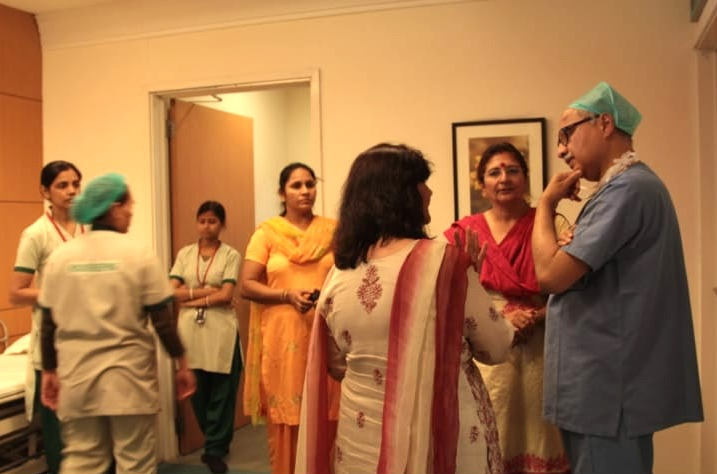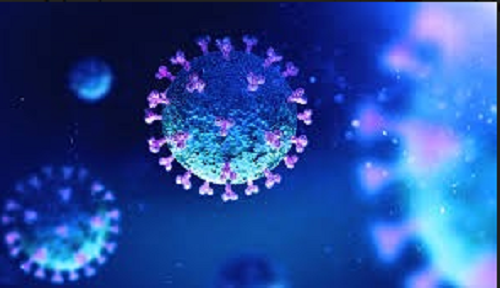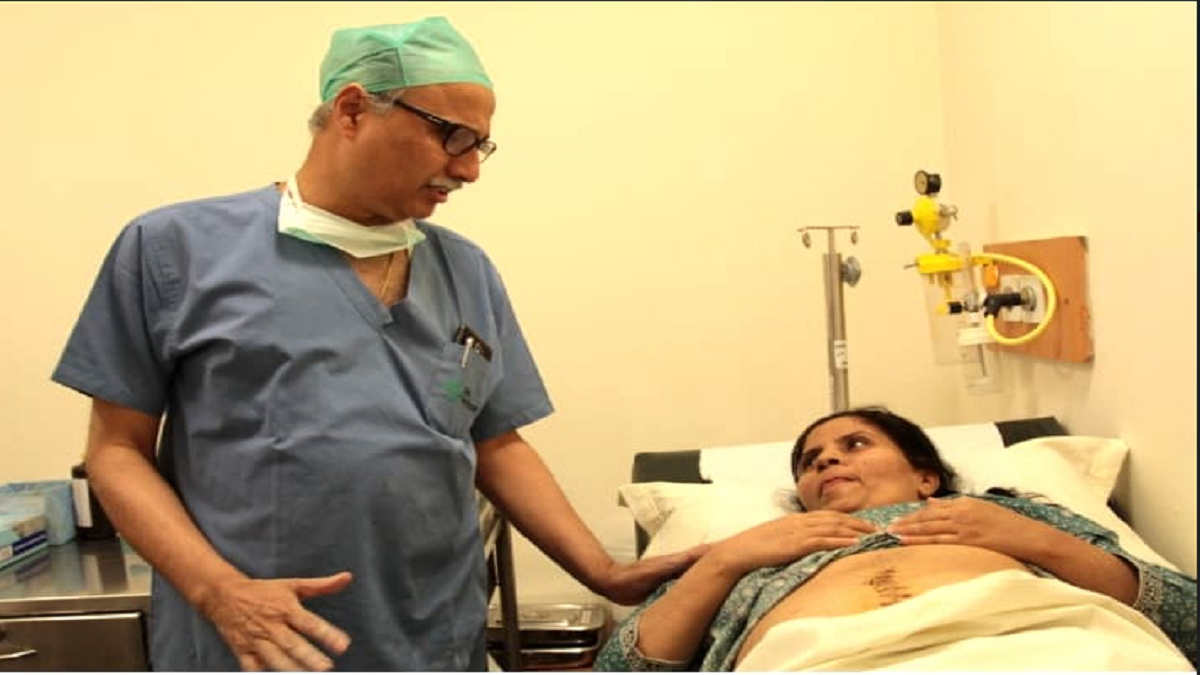On most mornings, Delhi-based surgical oncologist Dr Harit Chaturvedi’s workplace keeps bustling with activity. Patients queue up in the day care ward to get their weekly dose of chemotherapy. Some come to meet the doctors at the OPD for a regular check-up and some to get a diagnosis to their ailment. But Covid-19 has temporarily disrupted the treatment cycles of many cancer patients as fear of the pandemic has kept many away from taking their muchneeded medical care. The situation has changed now.
The two most dreaded Cs in the country till a few days ago were coronavirus and cancer. And not seeking treatment for an existing ailment due to fear of Covid-19 infection can prove to be risky, a mistake which many have made during the pandemic. “The fact is that Covid-19 has 3-4% mortality rate but other diseases may have higher. Cancer, for example, has almost 40-50% mortality rate which needs to be appreciated. There was a big drop in detection of cancer patients and ongoing treatment cycles during the pandemic, which is now getting back to previous levels,” says Dr Harit, chairman of Cancer Care and director & chief consultant, surgical oncology at Max Healthcare.
The doctor feels that Covid fear is justified and adds, “It is already a pandemic. Any pandemic can go out of hand. So, all regulations put in place were very much required. But we should be more cognisant about the needs of patients with cancer, cardiac, nephrology and other problems. It should be communicated to the patients not to drop the ball on these things. While precautions are required, these treatments should go on.” Usually, cancer cases are detected at the level of general physicians when people make a visit. Since cancer symptoms aren’t unique, most patients present to the GP with uncertain symptoms. According to Dr Harit, detection of the disease, as well as treatment even in cases after diagnosis came down during the pandemic.

The doctor informs that people come to him after having been diagnosed with cancer, something that is treated as a death warrant with little room for home. The biggest reward from his profession is the chance to interact with people. He’s touched by the emotions and support that cancer patients get. He mentions a case wherein a young boy sold his only piece of land to get his mother treated for advanced cancer. “I told him that the cancer has reached an advanced stage and there is very less we can do to save her. Yet, he went ahead and sold the land. He said what value is the land to me without my mother,” says Dr Harit.
He also remembers a case where 40 people from a joint family pooled Rs 1,000 each per month to support the treatment of their kin.
The other rewarding part about his profession is the continuous pursuit of scientific enquiry and the investigative opportunities cancer offers. “Cancer is complex. There is no time to pause, no time to really think. The moment you crack a theory, there is another new development waiting for you. There is never a dull day,” he adds.
Dr Harit is passionate about his work and feels that his student days played a huge role in shaping his approach to life. Born in Ballia, Uttar Pradesh, he says, “I wanted to become a catalyst for social change. That was my purpose in life.” An active participant in campus politics, he became the students’ union president. The leadership streak still continues. He has served the national bodies of Indian Society of Oncology Forum in various capacities and as president for all three bodies. “I enjoyed those ten years at a different level. I used to bring out a newspaper called Charcha. I was influenced by my grandfather and my role model, a popular Hindi writer called Pandit Parashuram Chaturvedi, who also was a researcher and writer on Kabir,” he says.

Oncology became his pursuit after a campus politics incident made him spend most of his masters in surgery at the cancer ward by his then head of the department at college. The tiff, he said, happened in the first year itself. “Out of my three years, two and a half was in cancer ward, burn and plastics and neuro. This was not the domain of general surgeons. The remaining six months were in general surgery. This proved to my advantage. There I was excited by the challenge of cancer treatment. This was 1987-89,” recalls Dr Harit.
At that time the face of cancer treatment was not what it is today. There were hardly three four chemotherapy drugs and there was limited understanding of cancer biology. An avid reader, he says that he is very much into reading which got a bit slowed down in the past one-and-a-half years.













